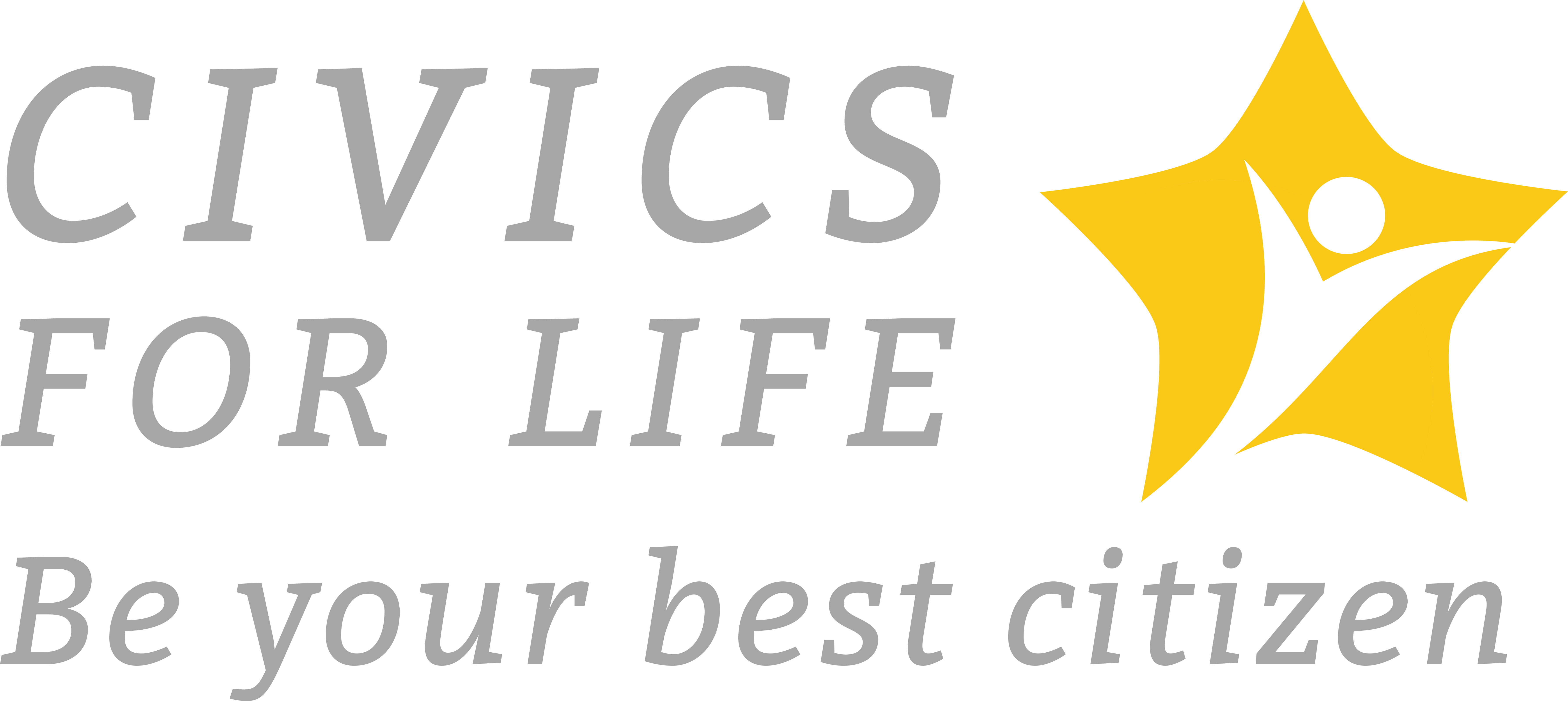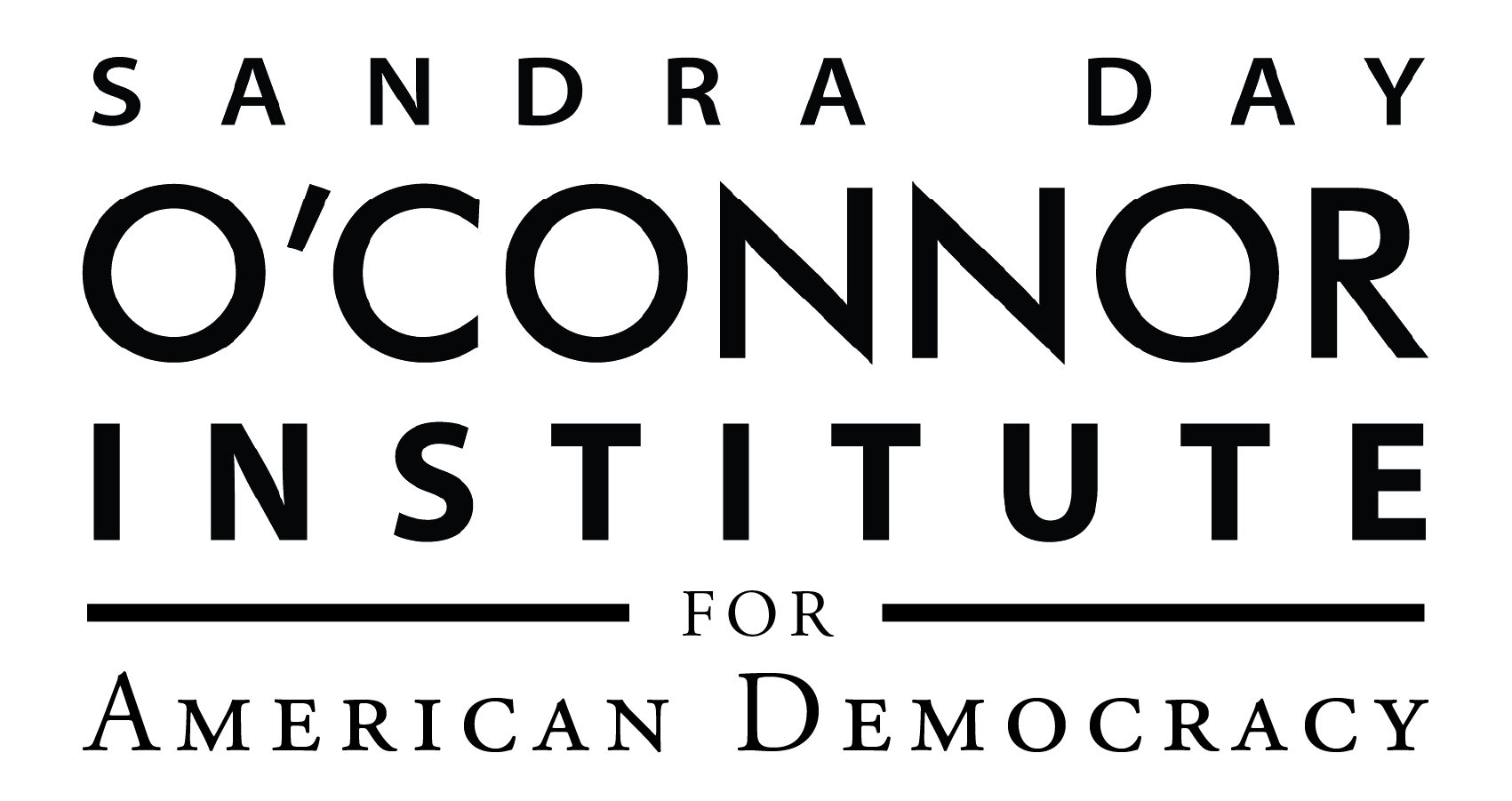The Future of the Court
The Presidential Commission on the Supreme Court of the United States was formed by President Joe Biden’s Executive Order 14023 in April 2021.
The Commission’s purpose was to provide an analysis of the principal arguments in the contemporary public debate for and against reforming the Supreme Court, including an appraisal of the merits and legality of particular reform proposals. The topics examined by the Commission included the genesis of the reform debate; the Court’s role in the constitutional system; the length of service and turnover of justices on the Court; the membership and size of the Court; and the Court’s case selection, rules, and practices.
At its public meeting on December 7, 2021, the 34-member Commission voted unanimously to approve the submission of the final report, concluding that it had met its charge to provide an account of the current debate over the “role and operation of the Supreme Court in our constitutional system.”

About the Speakers
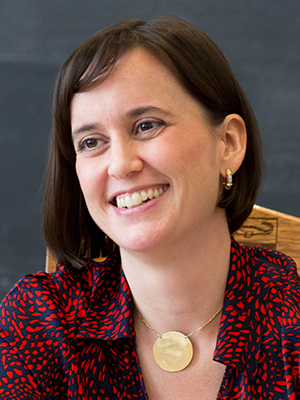
Cristina Rodríguez is the co-chair on the Presidential Commission on the Supreme Court of the United States. She is the Leighton Homer Surbeck Professor of Law at Yale Law School. Her fields of research and teaching include constitutional law and theory, immigration law and policy, administrative law and process, and citizenship theory. She was a former clerk to Justice Sandra Day O’Connor.
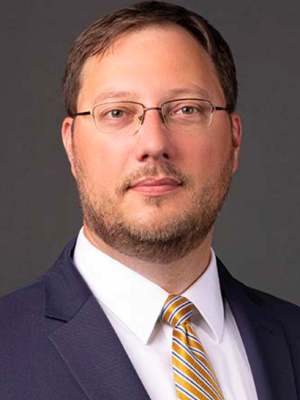
Adam White is a member of the Presidential Commission on the Supreme Court of the United States. He is a senior fellow at the American Enterprise Institute, where he focuses on the Supreme Court and the administrative state. Concurrently, he codirects the Antonin Scalia Law School’s C. Boyden Gray Center for the Study of the Administrative State.
Liam Julian | Moderator
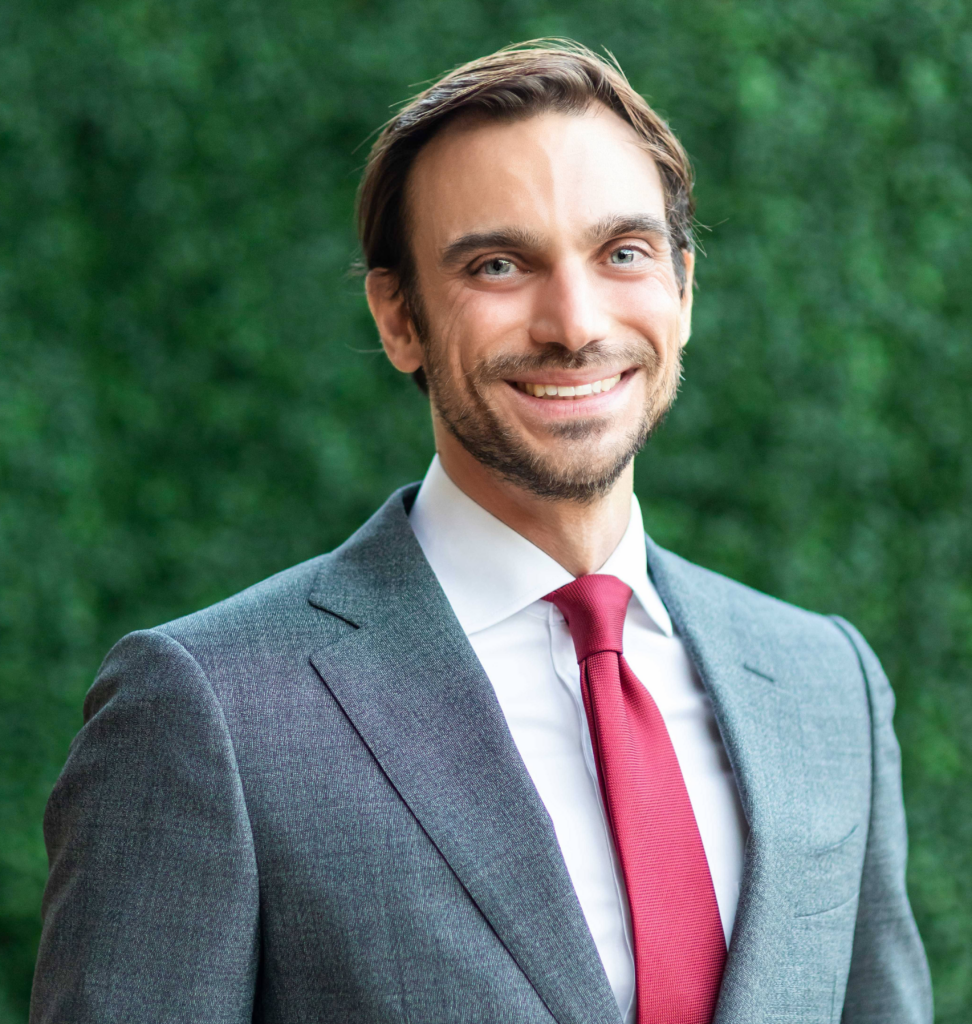
Liam Julian is director of public policy for the Sandra Day O’Connor Institute for American Democracy. He was previously managing editor of Policy Review magazine in Washington, D.C. His writing and commentary on public policy topics has appeared in a variety of publications such as The Washington Post, The Atlantic, City Journal, and National Review and on programs such as NPR’s Morning Edition and All Things Considered. Mr. Julian also spent time working with the College Board, where he oversaw development of Advanced Placement curricula, including the redesign of the AP U.S. Government and Politics course. From 2006 to 2013, he was a Hoover Institution research fellow at Stanford University.
